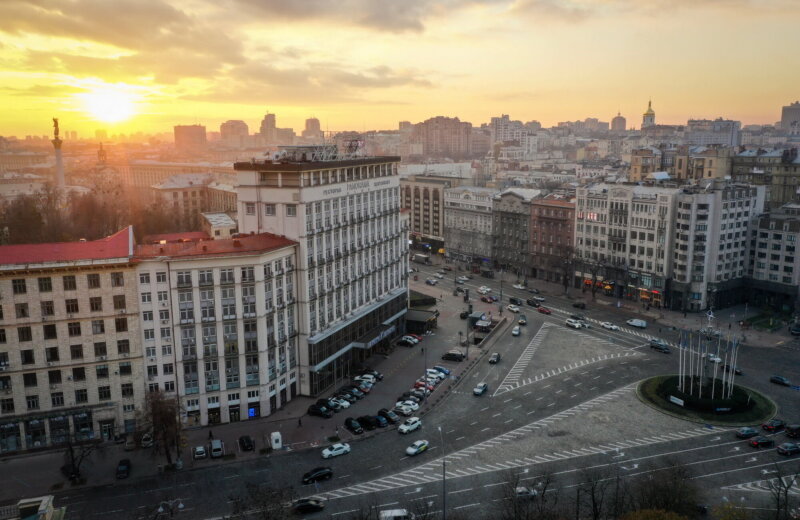A member and acting head of Ukraine’s Gambling and Lottery Regulatory Commission was arrested on suspicion of receiving a $90,000 bribe to grant gambling licenses, the Special Anti-Corruption Prosecutor’s Office reported on Aug. 20.
While the suspect wasn’t identified, Ukrainian news outlet Ukrainska Pravda stated it is likely to be Yevhen Hetman, a current member and former head of the commission.
Hetman was allegedly caught red-handed by undercover detectives from the agency. The investigation is still under way to identify other possible participants, the law enforcement agency stated.
Gambling was banned in Ukraine for 11 years, from 2009-2020, after a fire killed nine people in a Dnipro gaming hall. During this time, illegal casinos flourished, reaching annual collective revenue of about $1 billion by most estimates.
In a bid to stop these seedy establishments and bring more money to the budget, the government legalized gambling in 2020.
The commission has already issued 40 licenses since the beginning of 2021, including to seven high-end hotels in Kyiv such as the Fairmont Grand Hotel overlooking the Dnipro River.
The Ukrainian government’s licensing fees are the highest in the world, up to $2 million to open a casino in a 150-room hotel, restricting the opportunity to the wealthiest people.
To open a casino, businesses have to buy a license valid for five years. Depending on the city and type of building, the cost can vary.
For example, for a five-star hotel in Kyiv with over 150 rooms, the cost is $10.4 million paid over five years. Every year, the casino must also pay $30,500 for each game table and over $2,000 for each slot machine.
Some experts think gaming revenues could go as high as $30 billion — up to 15 percent of gross domestic product — in the years to come if Ukraine manages to attract more investors.
But many details remain to be worked out, as the industry is largely tax-free at the moment because the gambling tax laws haven’t been voted on yet.
Since the beginning of the year, casinos only generated Hr 1.1 billion ($41 million) in taxes.



